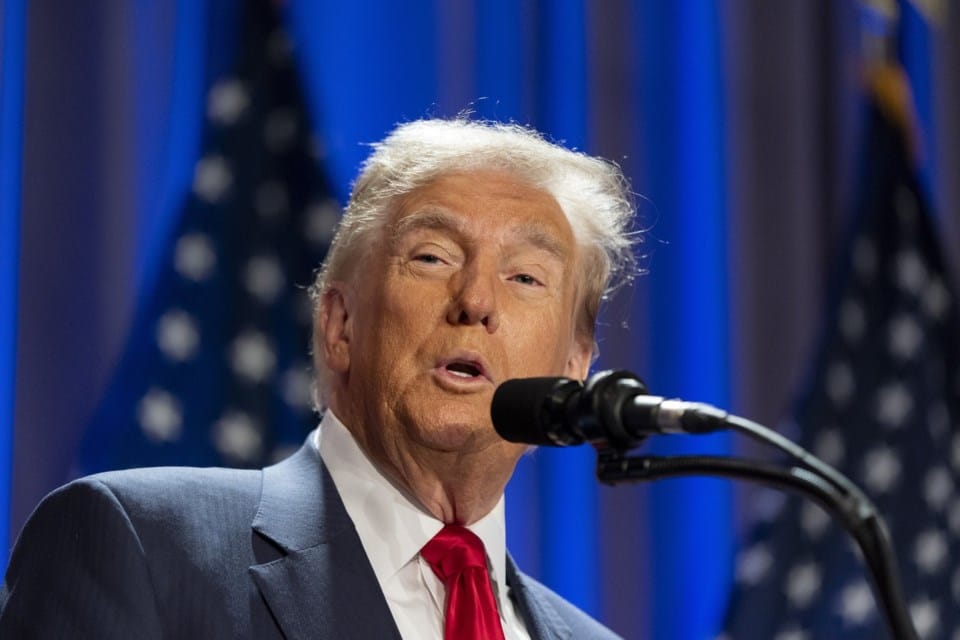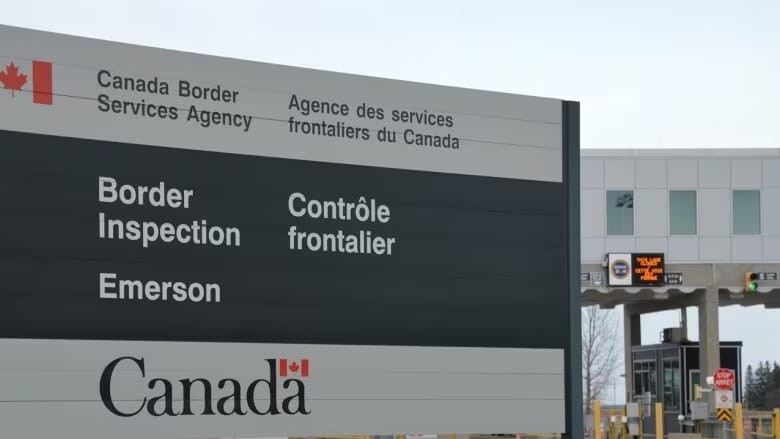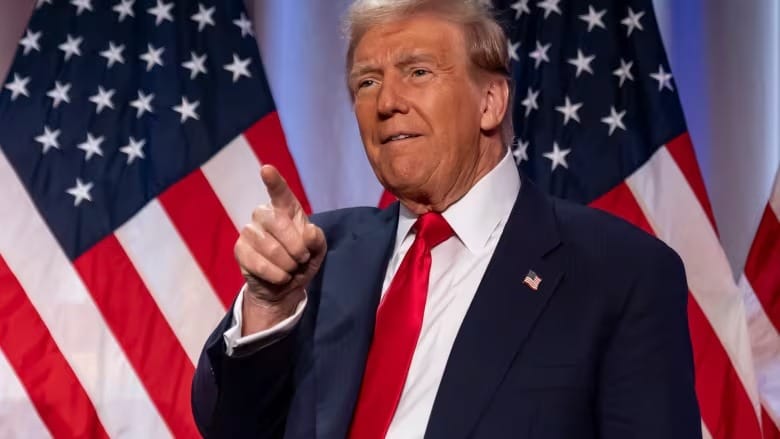Trump’s proposed tariffs unlikely to include Canadian oil: experts
“Canada is uniquely vulnerable to market pressure posed by U.S. refineries given our lack of alternative egress,” Johnston said during a panel for the Canadian Global Affairs Institute Wednesday.

Energy experts predict that President-elect Donald Trump’s proposed 10 percent tariff on all imports, including from Canada, is unlikely to affect Canadian oil.
The threat of such a tariff has raised significant concern in Canada, with the Canadian Chamber of Commerce estimating that it could result in a $30-billion loss to the Canadian economy.
Rory Johnston, an oil market researcher from Toronto and founder of Commodity Context, believes the chances of Trump applying the tariffs to Canadian oil are very low, though he noted it could still be "potentially damaging."
“Canada is uniquely vulnerable to market pressure from U.S. refineries due to our lack of alternative routes for exports,” Johnston said at a panel hosted by the Canadian Global Affairs Institute on Wednesday.
Michael Catanzaro, a former Trump energy adviser, expressed similar views at a forum in Washington, D.C., stating that he does not expect Trump's vision for energy dominance and lower costs to exclude Canada. “We should double down on the fact that the U.S. and Canada together can be a powerful force,” he said at the North American Energy Preeminence Forum on November 8.
With more than 77 percent of Canadian exports going to the U.S., and trade accounting for 60 percent of Canada’s GDP, oil and gas make up a significant portion of that trade. Canada is the largest source of U.S. energy imports, and almost all Canadian crude oil exports went to the U.S. in 2023. Much of this crude travels via pipelines to the Midwest, which includes key battleground states that Trump won by promising to make energy costs more affordable.
If Trump were to exclude Canadian crude from the tariffs, experts agree that it would prevent an increase in gas prices in the U.S. Johnston believes it’s unlikely that Trump would implement a policy that would raise American fuel prices.
However, Johnston also mentioned that Canadian exports could benefit if the tariffs were imposed on all oil imports except those from Canada, which could be a positive development for Canada’s oil sector.
Yet, the relationship between Prime Minister Justin Trudeau and Trump has been strained, particularly on issues like climate action and renewable energy. Catanzaro recalled Canadian officials’ hostile response after Trump pulled the U.S. out of the Paris Climate Agreement during his first administration — a move Trump has promised to repeat.
“The Canadian reaction set the bilateral relationship back for some time,” Catanzaro noted.
Fen Hampson, a professor of international affairs at Carleton University and co-chair of the Expert Group on Canada-U.S. Relations, questioned whether Trump would grant Canada a tariff exemption under Trudeau. Hampson suggested that such an exemption could give Trudeau an argument to show his negotiating power ahead of Canada’s upcoming election, something Trump would likely want to avoid, given their strained relationship during Trump’s first term.
Trump had previously called Trudeau “weak” and “dishonest” after the prime minister criticized Trump’s tariff decisions at the 2018 G7 summit in Quebec. The tensions continued after a video surfaced showing Trudeau and other NATO leaders seemingly mocking Trump during a press conference.
Robert Lighthizer, Trump’s former trade representative, remarked in his book that U.S.-Canada relations had been at their “lowest ebb since the failed American invasion of Upper Canada during the War of 1812.”
The Canada-U.S.-Mexico Agreement, negotiated during Trump’s first administration, is set for review in 2026, and Hampson suggested that Trump could use tariffs or the threat of them to push Canada into making concessions.
Wilbur Ross, the former U.S. commerce secretary who helped negotiate the agreement, recently indicated that Trump is likely to carve out exemptions for sectors like Canadian oil and gas.
Eric Miller, president of Rideau Potomac Strategy Group, agreed with the general consensus that sweeping tariffs on Canadian energy are unlikely, noting that while politicians may campaign with bold ideas, governing tends to involve more pragmatic decisions.





